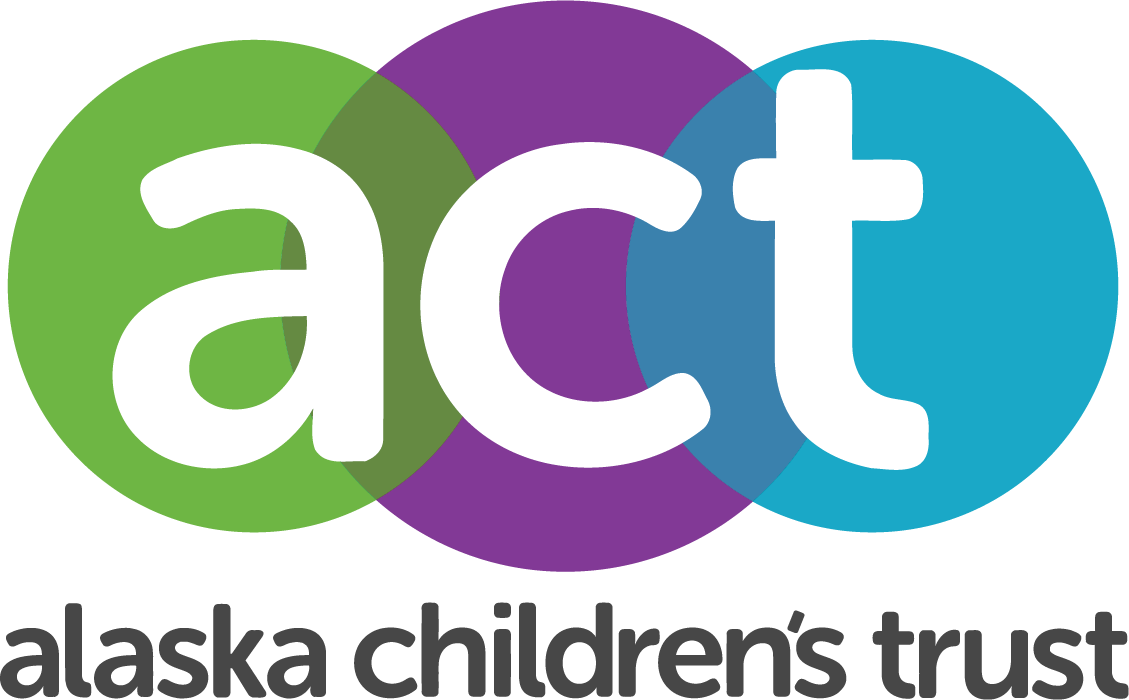Talk is Cheap- and Priceless for your Baby
People say talk is cheap, but for babies, talk is priceless. Talking with babies has been shown to have an amazing impact on the growth of their brains and development of language, key to their future success in school and in life. And, unlike products that are advertised to parents as critical to making their babies smart, talking is free!
Have you heard of the 30-million word gap?
It all began with the 1995 landmark study by Betty Hart and Todd R. Risley in their book Meaningful Differences in the Everyday Experience of Young American Children:
“In four years, an average child in a professional family would accumulate experience with almost 45 million words, an average child in a working-class family 26 million words, and an average child in a welfare family 13 million words.”
At first, the focus was primarily on the number of words a child heard. There were discussions about whether words a child heard from television or recordings would “count.” Was it only the quantity of words that made the difference?
Taking a closer look at Hart and Risley’s conclusions, however, people began to appreciate that there were meaningful differences in the quality of the words, too. Children in professional families heard six positive messages for every negative one. Children in middle-class families heard two positive messages for every negative one. And children in poor families heard only one positive message for every two negative ones.
More parents in the last category were using “business talk” with their young children. For example, the child drops a spoon. These parents were more likely to be directive and say, “Pick it up.” Parents in the professional category were more apt to say, “Oh, you dropped your spoon. Pick it up from under the table and we’ll take it to the sink to wash it. Then you can use it again.” A much richer language experience for the child.
This short video tells and shows the story: https://www.youtube.com/watch?v=H5BAO204Sqo
More recently, Stanford University researchers have observed that these differences emerge as early as 18 months. The effects persist through the school years. The good news: if parents increase the quantity and quality of their verbal interactions, their babies benefit. Many organizations are tackling the issue and resources are developing all the time.
So what can parents and other caring adults in a baby’s life do? One of the organizations working on this, the LENA Research Foundation, has an easy way to remember what to do that is called “words and turns.” “Words” refers to the quantity of words a child is exposed to, and “turns” means the interactions between adult and baby that can also be described as “serve-and-return” activities – baby begins to babble, adult talks back, baby vocalizes again.
According to a story in Education Week in April 2015, Jill Gilkerson, LENA’s director of child-language research, said, “Conversational turns are vastly more important than the number of words a child is exposed to.” She went on to say that she and her colleagues found parents of children who scored in the top 10 percent on preschool language tests had conversations with their children that involved 18 more turns taken per hour than parents of children scoring in the bottom 80 percent.
It’s obvious that both words and turns are important in helping babies and toddlers develop language. What role might shared book reading play? Stephen F. Warren, PhD, says, “Reading together with a young child in a way that promotes interaction and turn-taking is among the most important routines that can be built into a child’s day. It should be a high priority every day.”
The best time for families to develop routines like this is shortly after the birth of a new baby. In fact, in June 2014, the American Academy of Pediatrics released a statement recommending for the first time that parents should read with their children beginning in infancy. The statement also says that “reading aloud with young children has been found to increase the richness of the vocabulary to which they are exposed as well as the complexity of syntax. In addition, books and early conversations and play around books and reading stimulate increased interaction between the adult and child. These interactions build nurturing relationships that are critical for the child’s cognitive, language, and social-emotional development.”
Research and common sense agree: it’s words and turns. Parents who talk with their babies and young children, whose conversation includes lots of “serve-and-return” moments, and who read with their children from the time they’re born, are promoting crucial brain development and setting the stage for their children’s success in school, and in life.
Abbe Hensley is the executive director of Best Beginnings, a public-private partnership that mobilizes people and resources to ensure all Alaska children begin school ready to succeed through support from businesses, foundations, nonprofits, government, and individuals

